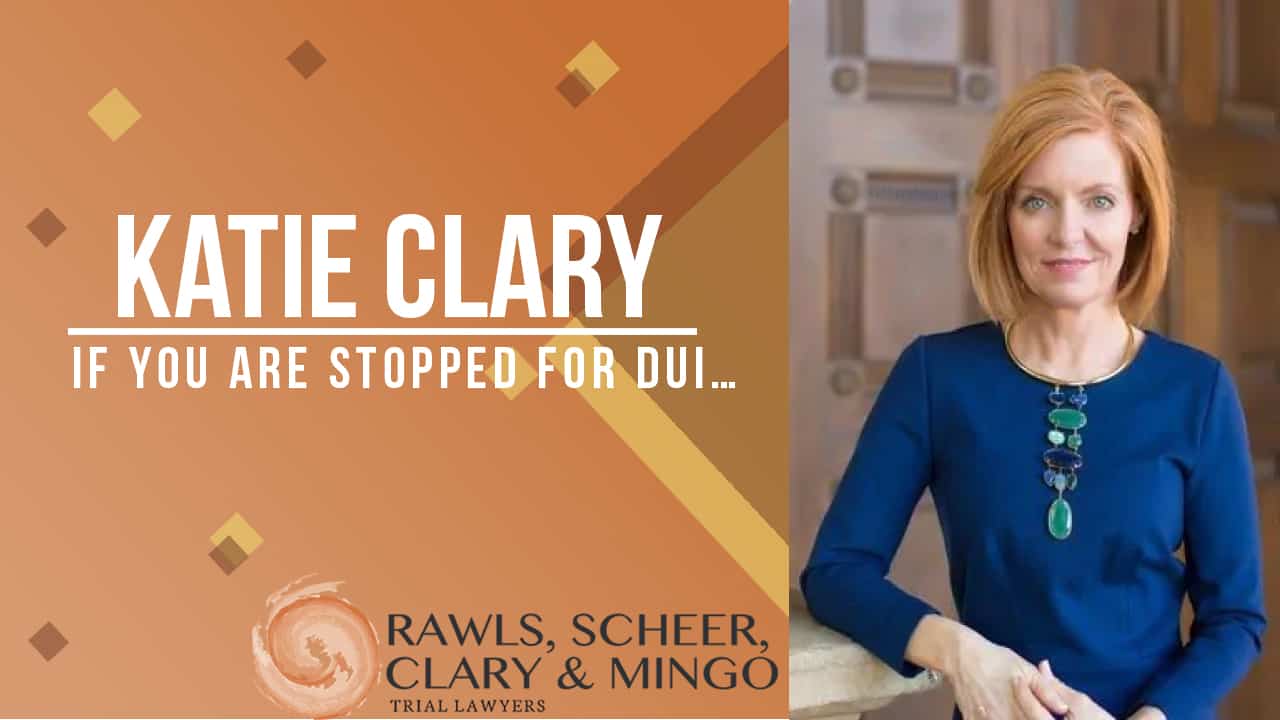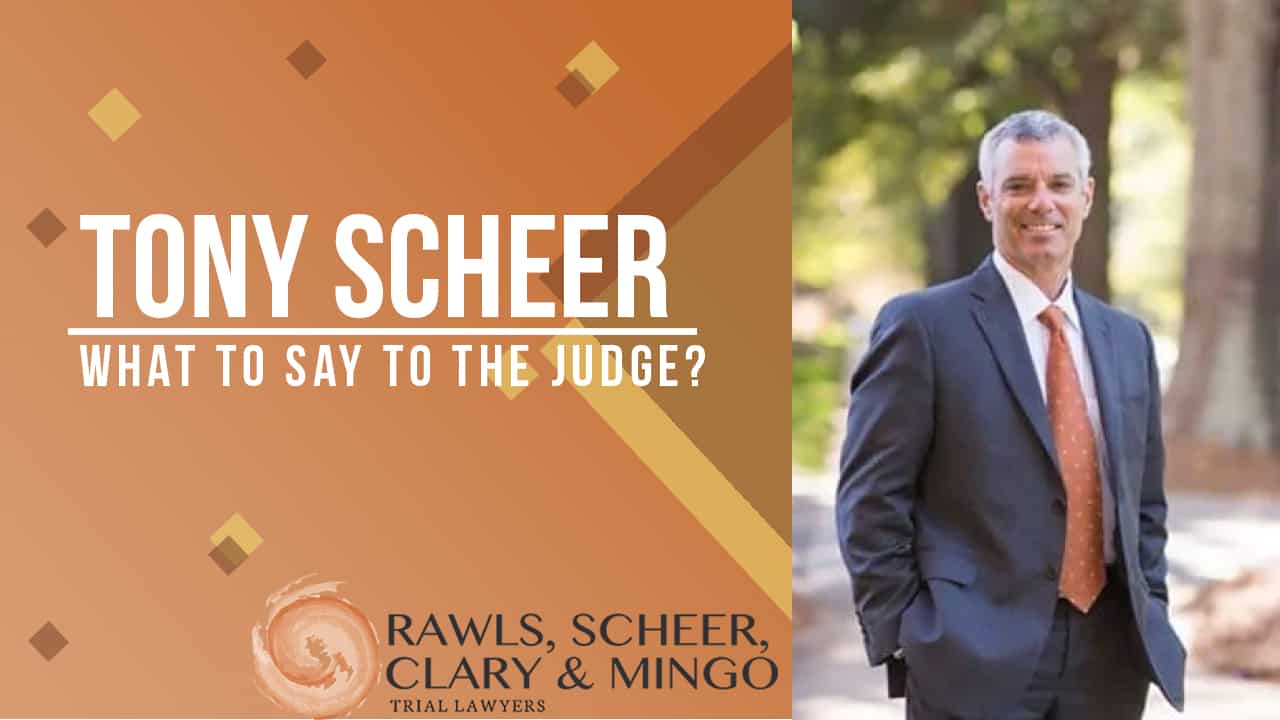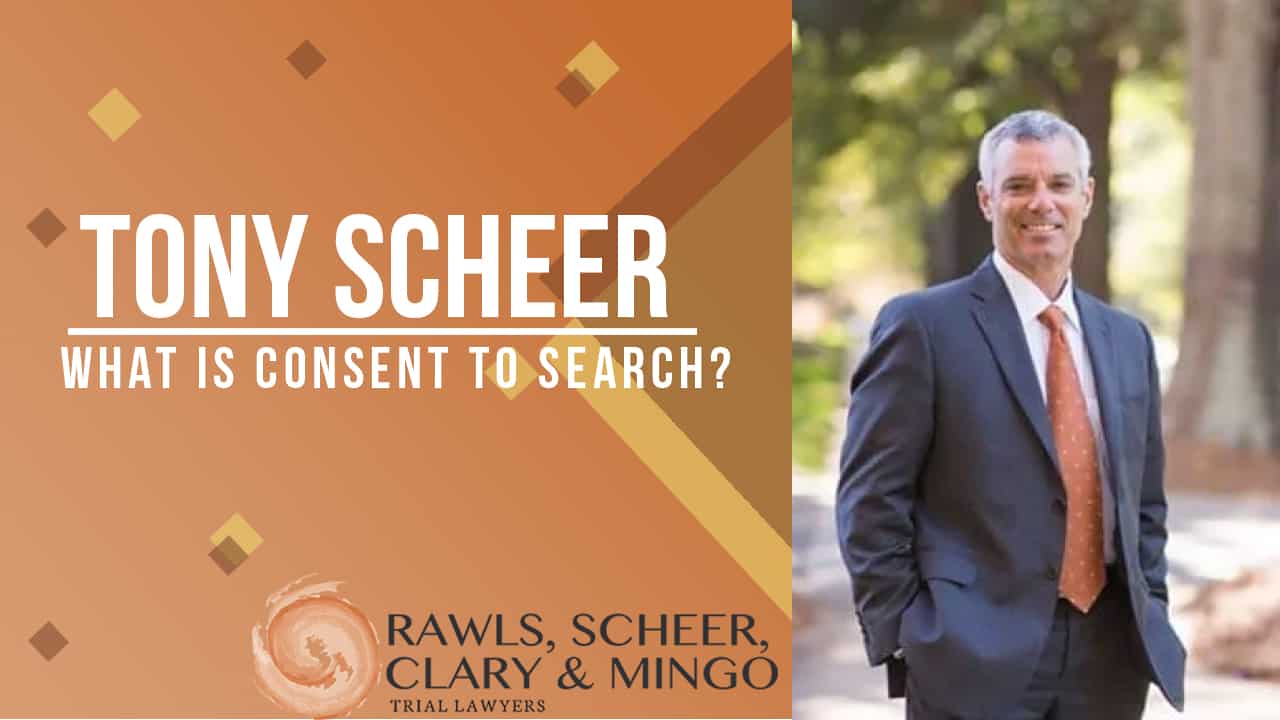Criminal conversation and alienation of affection are legitimate tort claims in North Carolina, although statewide few cases are heard annually. Each claim has a tortfeasor (the individual who interfered with the marital rights of another), also called a paramour. The consenting spouse who allowed marital interference is not a party to the action but is often called as a witness in the case. Civil litigation may result in hefty damages, and whatever punitive damages a judge or jury deems prudent.
One potential angle defense teams may use to abolish claims of unwarranted infidelity is connivance. Let’s look at how one’s participation in an activity contrived by another may cause insurmountable legal consequences if fought without counsel.
How Connivance Works
In defense of a claim of criminal conversation, where the existence of sexual relationships is apparent and consensual, connivance requires trickery on the part of the married couple. For example, the defendant would have a connivance defense in the circumstance of a one spouse colluding with the other to extract money from a defendant by encouraging the spouse to seduce and have sexual relations with the defendant.
In some cases, a spouse may consent to an ‘open arrangement’ in which both parties may pursue sexual interests with other people, but one spouse never engages in the act themselves. Once the other spouse has intercourse with an outsider, grounds for divorce, criminal conversation, and/or alienation of affection exist. This may occur when an individual attempts to discredit the spouse they wish to divorce and an attempt to end up with most, if not all, marital assets due to the infidel’s mistake.
Connivance requires proving one spouse actually tricked or colluded with the other spouse into performing sexual acts often shown to be against his or her will. Defendants in these cases have the greater burden of proving their acts were incited and performed against the cheating spouse’s own wishes and sound judgment or that there was an agreement to trick the Defendant.
Many times defense teams can overcome claim; in cases like Barker v. Dowdy, 25 S.E.2d 404, 405 (N.C. 1943), the Plaintiff’s connivance with his spouse contributed to the Defendant’s actions and provided a defense to Plaintiff’s claims against the Defendant.
Being Accused Does Not Mean You are Guilty
Remember, normal rules of due process apply, even in situations where it is alleged that some conspiracy to impose sexual intercourse between you and the spouse or another exists. Proof must be by the preponderance of the evidence that you were tricked or duped into committing alienation of affection or criminal conversation.
Persons legally separated cannot be accused of connivance unless somehow the separation stemmed from such trickery, or the couple is attempting to make amends when it happens. Connivance is an interesting part of North Carolina law with complexities that people may find intimidating.
Regarding allegations of connivance in this article, persons who intend to file against you have three years before the statute of limitations bars them from taking action. That is three years from its accrual – when the alleged wrongdoing caused marital disarray.
Mount an Effective Defense
Any extramarital activity, such as alienation of affection, or criminal conversation is deemed serious. Even if you are unquestionably innocent, your accuser’s legal team will find ways to discredit your testimony and secure whatever remedies they wish. That is, of course, unless you are equipped with competent counsel to counter their strategies.
North Carolina is one of few remaining states that take ‘cheating’ seriously. Always preserve evidence that will exonerate you even in matters where accusations are far-fetched.
Rawls, Scheer, Clary & Mingo PLLC have accumulated decades of cumulative civil litigation and defense in marital disputes such as connivance. Stand accused? Contact our firm today and let’s work together to uncover the truth.



